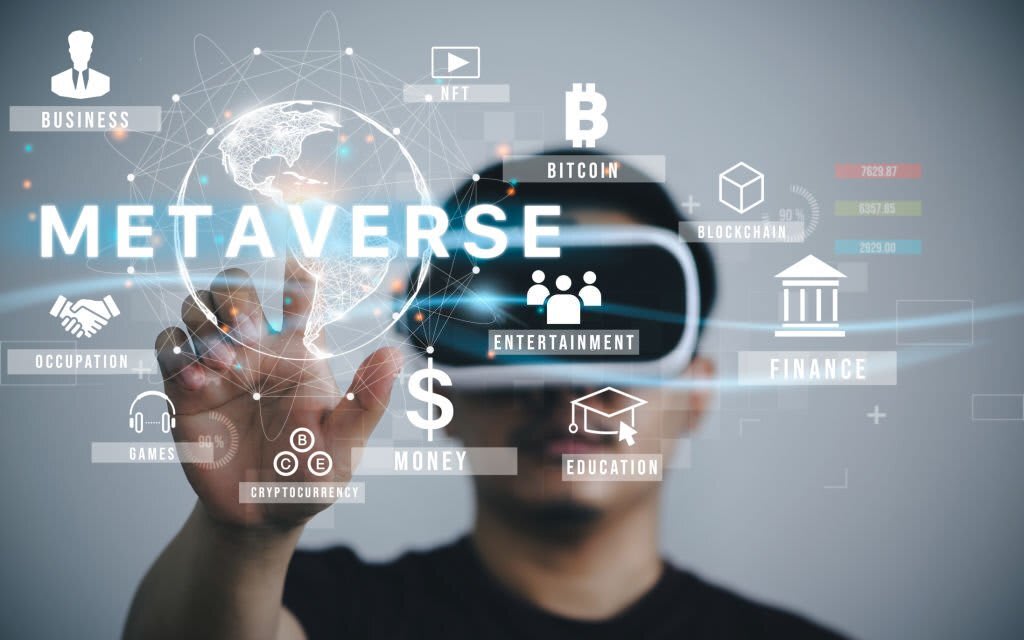Introduction to the Metaverse
The concept of the metaverse, a virtual reality space where users can interact and coexist, is rapidly gaining traction and becoming a hot topic in the tech industry. While the idea of a metaverse has been around for decades, recent advancements in virtual reality (VR) and augmented reality (AR) technology are making it increasingly possible for users to access and experience a virtual world.
Advancements in Virtual Reality and Augmented Reality Technology
The metaverse of the future is expected to be a vast, interconnected network of virtual environments where users can interact with each other and digital objects in a variety of ways. It will blur the lines between the physical and virtual worlds and will be accessible from a variety of devices such as smartphones, VR headsets, and AR glasses.
The Impact of the Metaverse on Gaming and Entertainment
One of the key drivers of the metaverse is the increasing interest in immersive gaming and entertainment. VR and AR technology is making it possible for users to experience realistic, lifelike environments and interact with other players in a virtual world. It will not only enhance gaming experience but also create new forms of art and entertainment that can be experienced in a way that is not possible in the real world.
The Metaverse and its Impact on Industries
Beyond gaming and entertainment, the metaverse will also have a significant impact on various industries such as education, healthcare, retail, and real estate. By providing virtual access to real-world places, the metaverse will make it possible for people to experience and explore the world in a new way, no matter where they are physically located.

The Metaverse and Remote Working
Another big impact will be on the way people work and collaborate, as more and more companies are moving towards remote working. The metaverse will allow people to come together in a virtual space and collaborate on projects as if they were in the same physical location. It will increase productivity, enable remote working and eliminate geographical barriers, allowing teams to work together seamlessly and efficiently.
Challenges to be Overcome
There are still a number of challenges that need to be overcome before the metaverse can become a reality. Technical challenges include creating realistic and believable virtual environments, providing high-quality and low-latency VR and AR experiences, and developing tools for creating and managing digital assets. Additionally, there are also privacy and security concerns, as well as ethical and legal questions that will need to be addressed.
Conclusion: The Future of the Metaverse.
In conclusion, the metaverse is poised to revolutionize the way we live, work, and play in the near future. While there are still challenges to be overcome, the technology is already in place and the potential benefits are enormous. As virtual reality technology continues to advance and evolve, we will likely see more and more people spending time in the metaverse, accessing virtual worlds and experiencing new ways of living and working.
[ycd_countdown id=1244]

Comments